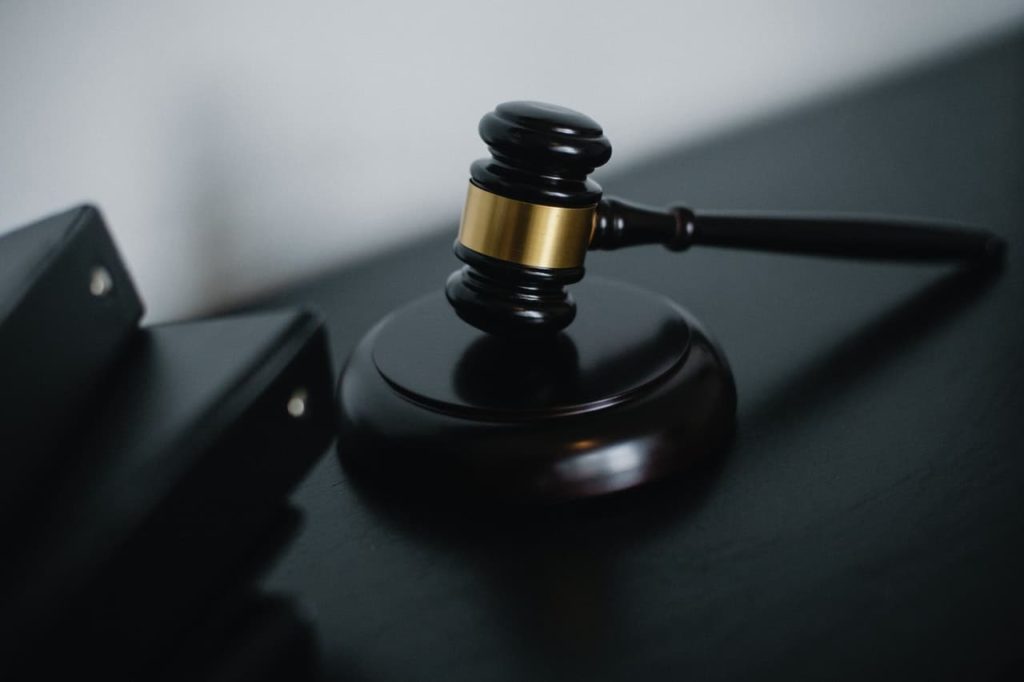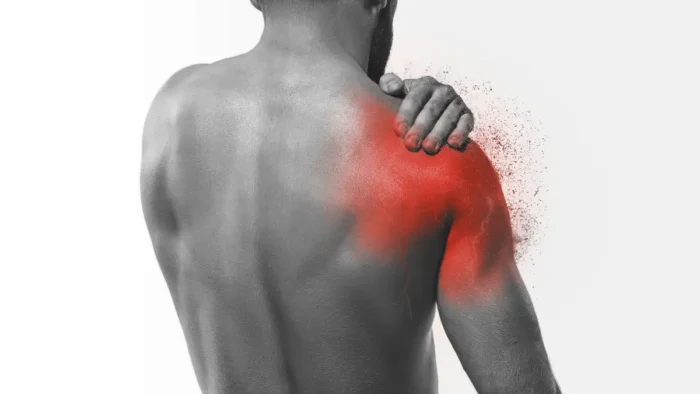When you suffer injuries due to another party’s negligent or wrongful actions, you may qualify to pursue compensatory (economic and non-economic) damages. However, these are not the only damages you can recover in a Florida personal injury case.
When another party causes an injury due to grossly negligent or intentional behavior, the court may sometimes award punitive damages, also known as exemplary damages. However, it is important to note that winning punitive damages is not as easy as recouping compensatory damages. And for that reason, you will need the assistance of skilled Daytona Beach personal injury attorneys to prove every element of your case.
What are punitive damages?
Punitive damages are damages awarded at the court’s discretion. The purpose of these damages is to punish the defendant whose conduct is considered grossly negligent or intentional or to deter them from committing an act similar to that which caused someone else injuries.
A court can only award punitive damages when there is sufficient evidence to show that the defendant:
- Intentionally engaged in misconduct while knowing that their conduct was unlawful and could potentially cause injuries, or
- They exhibited gross negligence, meaning that their behavior was so reckless and showed disregard for safety, life, or the rights of others.
Does Florida law put a cap on punitive damages?
Certainly! As per the Florida Statute 768.73, the punitive damages you recover may be limited to up to three times the value of compensatory damages, or not more than $500,000, depending on which is greater.
However, this statutory cap has exemptions, and punitive damages can go up to four times the compensatory damages or not more than USD 2 million if:
- The conduct of the defendant was financially motivated; or
- The likelihood of injuries happening due to the defendant’s conduct was known to their directors, managing agents, or other relevant parties.
In cases where the defendant had a specific intent of inflicting injury and followed up on the intent and caused harm, the punitive damages are not capped.
Common types of injuries with potential punitive damages
Almost all types of personal injuries can result in punitive damages. Here is a list of some of the most common injuries and how they meet the punitive damages threshold.
1. Car accident injuries
In case you sustain injuries resulting from a car accident involving an intoxicated driver, the court may award punitive damages if the injuries are severe. Perhaps, this is because the intoxicated driver was aware of the danger his actions pose to other road users but still chose to drive.
Additionally, if the court can establish that a driver was using the phone while driving when the accident occurred, the court can grant punitive damages to the plaintiff.
2. Premise’s liability cases
When one gets injured in someone else’s property due to conscious disregard to safety by the property owner, the court may award punitive damages. To win these damages in such a case, however, the plaintiff must prove to the court that the defendant was aware of the danger posed and deliberately did nothing to avert the danger.
3. Product liability injuries
It is the responsibility of a manufacturer to ensure the safety of their products. When a manufacturer intentionally fails to recall a product even after realizing it is likely to cause harm, punitive damages may be awarded when someone suffers injuries from using the product.
These product liability cases are common in all consumer products, including foods, prescription drugs, medical implants, and vehicle parts.
4. Truck accidents
The court may also award punitive damages to victims injured in truck accidents where the driver was in violation of federal limitations on maximum driving hours. However, the plaintiff must prove from the collected evidence that a truck driver was driving beyond the set hours when the accident occurred.
The type of injuries that would qualify for punitive damages are not limited to those listed above. However, seeking punitive damages can be overwhelming, considering your injuries resulted from someone else’s intentional misconduct or gross negligence. That is why you need to let skilled Daytona Beach personal injury attorneys handle your personal injury case when pursuing punitive damages.
Let our team of personal injury attorneys handle your case!
The process of filing for personal injuries can be complicated, especially where the injuries sustained are severe. Luckily, the dependable Daytona Beach personal injury attorneys at Zimmet & Zimmet can lift the weight of having to deal with the case off your shoulders as you focus on healing.
With over 40 years of helping Florida residents get fair settlements for their injuries, your personal injury case stands the best chance with us. Please allow us to help you with your case by contacting us online today for a free consultation.





